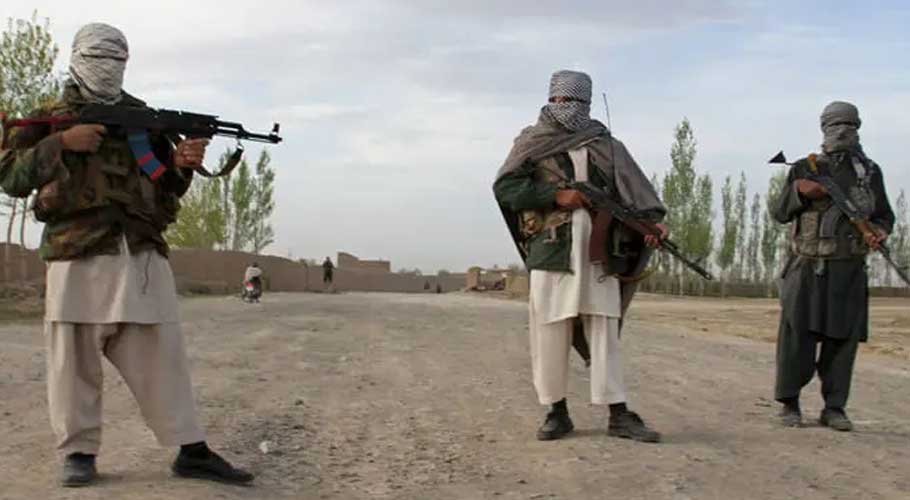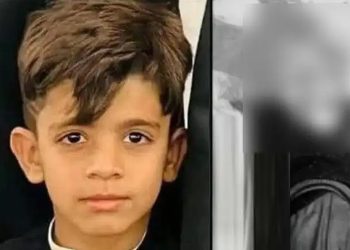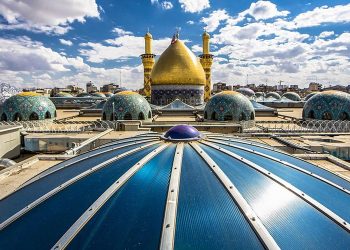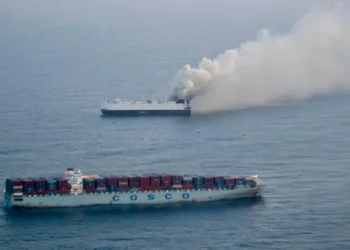The question now is whether the government-TTP talks will succeed. If successful, what will be the outcome? What will be the features of the peace agreement? To what extent will TTP get power in Waziristan, Bajaur etc.? Will all factions of the TTP accept the peace agreement and if not, how will they be dealt with?
The second option is failure, after which many questions arise. If negotiations fail, what will be the government’s strategy? Will TTP attacks intensify? What will be the reaction of Afghan Taliban? Will Taliban kick TTP out of Afghanistan or take a neutral position?
Currently, it is not possible to give a definitive answer to these questions. Questions are also being asked about the success of the talks. Consider the chances of success of such negotiations fifty percent at this stage. Ceasefire is an important achievement, its implementation and expansion will be even more successful.
Some social or political circles in Pakistan are also opposing these talks. PPP Chairman Bilawal Bhutto has openly criticized the peace talk and he is not convinced of any flexibility in this regard.
The anger of the PPP is understandable. In his book, the current Ameer of the TTP has admitted the involvement of the insurgent group in the assassination of Benazir Bhutto. How can the PPP support talks with its leader’s assassins?
Two or three major objections are raised, how can the TTP be trusted? They will use the negotiations to consolidate their power and organize themselves. The second objection is why reconciliation with the group that caused the martyrdom and immense loss of thousands of Pakistanis? The third objection is that if RAW and other foreign anti-Pakistan agencies are supporting the TTP then the group will follow their agenda in any case.
Read More:
What’s the inside story of govt-TTP talks? -II
Untold story of govt, TTP negotiations – I
These objections are logical. I think those who are involved in the negotiations on our behalf will also keep an eye on these points. There is a possibility that the negotiations will succeed and some people will not be willing to lay down their arms and establish peace under any circumstances.
Then the question arise why Pakistan is pushing for such talks? The answer is that such a process has two advantages: Firstly, those who are tired of the militant group want peace and want to join the national mainstream. There is a way out for them and their separation weakens the militant organization as a whole.
Second, negotiations give the state an advantage by offering the militants to separate from the group and become nationals. The other aspect of the negotiations is the completion of the argument.
If the Pakistani government negotiates seriously and moves responsibly while the TTP escapes, then by doing so, not only in Pakistan but also in Afghanistan, those who have a soft corner for the militant group will turn against it. The Afghan Taliban will also be exposed to the TTP’s ambitions and agenda.
It is true that why the state is reconciling with the perpetrators of terrorisim. In response, there is the argument that states around the world negotiated with militant groups in the final stages and then made them part of the national mainstream.
Negotiations were held with the IRA (Irish Republican Army), an organization of Irish extremists in Britain. Irish fighters had committed many acts of terrorism, with significant casualties, but in the end peace was restored through negotiations.
There was a bloody war between the United States and the Afghan Taliban, the US killed thousands of Taliban, one of them was killed in a drone strike, the Taliban also targeted more than one and a half thousand Americans, causing hundreds of billions of dollars in losses. Despite this, the two mortal enemies finally negotiated a peace treaty and thus the war ended.
There is nothing wrong with negotiating in this regard. However, the TTP factions must be monitored. If complete peace is established through negotiations, then of course there will be some guarantors and the TTP will be given a special place where they can live after surrendering arms.
By the way, it is not easy for the militant group to surrender because there is a lot of animosity at the local level. However, some solution will have to be found.
If negotiations fail, then the issue must be dealt with rigorously and skillfully. Some factions and groups may split up and compete only with hard core fighters. In such a situation, the Afghan Taliban will have to be taken into confidence and deal with these noisy warlords.
It seems that some of the TTP prisoners will be released, maybe this process will be gradual so that there is no sudden noise. Compensation is also possible. However, it is not possible for the TTP to find South Waziristan or North Waziristan as a safe haven as before, where they can establish their authority, make decisions at the local level and enforce Sharia according to their own interpretation.
The negotiation process must continue, first and foremost with the extension of the ceasefire, which is one week away. The ceasefire should be extended for the next two months. In the meantime, let the negotiations go on and let us see again in February and March what could happen.



































